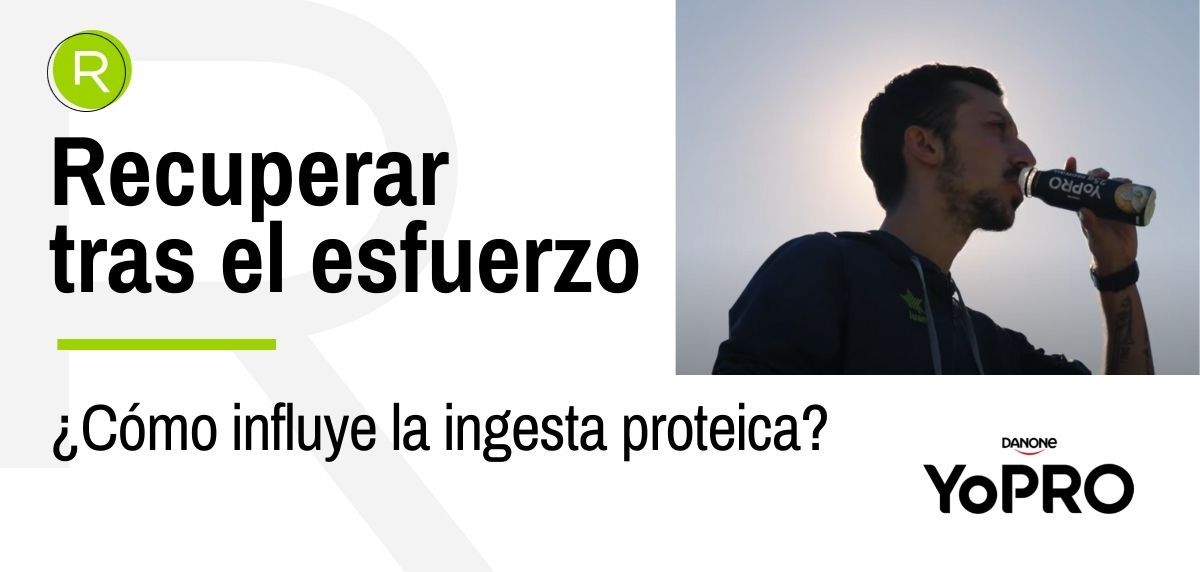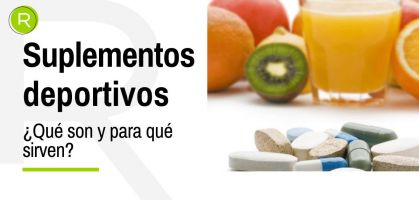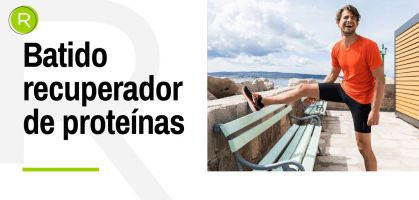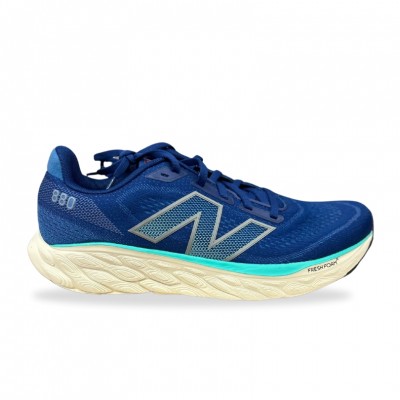In this article we are going to talk about how protein can be a good ally to accelerate our post-exertion recovery. The final performance we obtain at the end of a competition is a sum of many factors. However, among these we can highlight as fundamental pillars, on which our performance is based, systematic training, rest and nutrition.
There is no doubt that, without training, no matter how much we rest and eat properly, we are not going to run a marathon in 2 hours 30 minutes, but the sum of these three variables will bring us a better performance. Sometimes, we focus on training more, more sets, doubling sessions, etc. and we lose sight of everything that influences our performance.
Many of us have sometimes taken some kind of ergogenic aid with the aim of obtaining a plus that implies a better performance. Unfortunately, this is not that easy. Many of the products that we can find, which we commonly call sports supplements, lack scientific evidence to justify their use. However, beyond finding the miracle product that will turn us into Kipchoge or Kosgei (I am sorry to say that it will not exist), it is possible to improve our performance with the use of a good nutritional strategy and that goes through the advice of a nutritionist.
Although in the vast majority of cases the use of some type of ergogenic aid does not directly improve performance, some of them do have an impact on the nutrition-recovery binomial. In other words, the use of some of these products can have a positive impact on invisible training, so necessary and sometimes so forgotten. It is also necessary to emphasize that, with the advice of a nutrition expert with an appropriate nutritional strategy, the use of this type of aids will not have to be used systematically. It is also important to emphasize that the consumption of products of high biological valor, those that contain all or a large majority of essential amino acids such as the products in Danone's YoPRO range will have a direct impact on the recovery process.
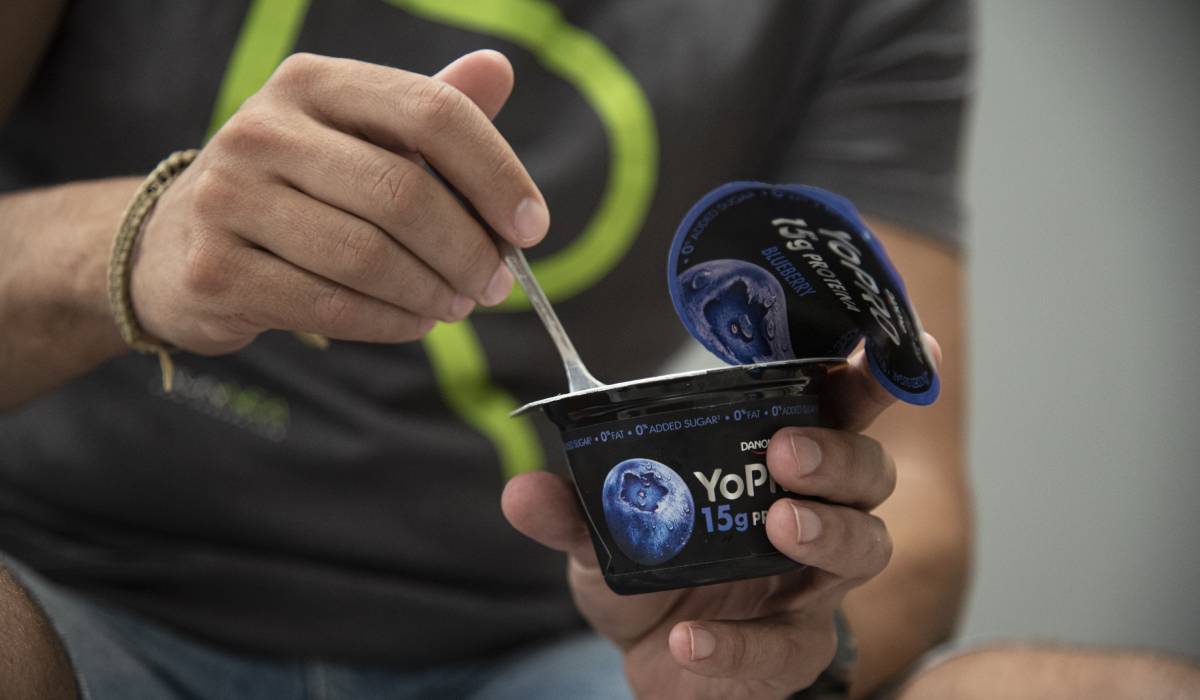
Protein use in sport
One of the most widespread ergogenic aids in the world of sport is the use of proteins. There is sufficient scientific evidence to support the use of this type of product in strength and endurance sports. Yes, also in endurance. Sometimes when we talk about proteins we think of bodybuilding, but it is necessary to remember that when we run there is also muscle damage and therefore a need to repair it.
The International Society of Sports Nutrition (2017) stresses the importance on performance of an adequate intake of this macronutrient (protein), especially in athletes.
Therefore, an adequate daily intake, containing a correct content of essential amino acids (especially leucine), can help in the repair of muscle damage after training. In this way we will be able to recover sooner and undergo another training session to improve our performance.
Protein intake beyond sport

On the other hand, it is important to take into account the intake of this macronutrient (protein) not only with a higher sports performance in mind. Increasingly, there is more and more scientific evidence indicating that increasing an intake, whether as a supplement or not, of protein with a high biological quality (containing the essential amino acids) together with strength and endurance training promotes protein anabolism, helping to maintain muscle mass in elderly people (Strasser et al., 2018). All the products that make up Danone's YoPRO range contain these 9 essential amino acids (histidine, isoleucine, leucine, lysine, methionine, phenylalanine, threonine, tryptophan and valine) and this is mainly due to their origin, whey; a structure that contains nutrients and compounds with potential nutritional and functional benefits.
Discover Danone's YoPRO, the high protein dairy range.
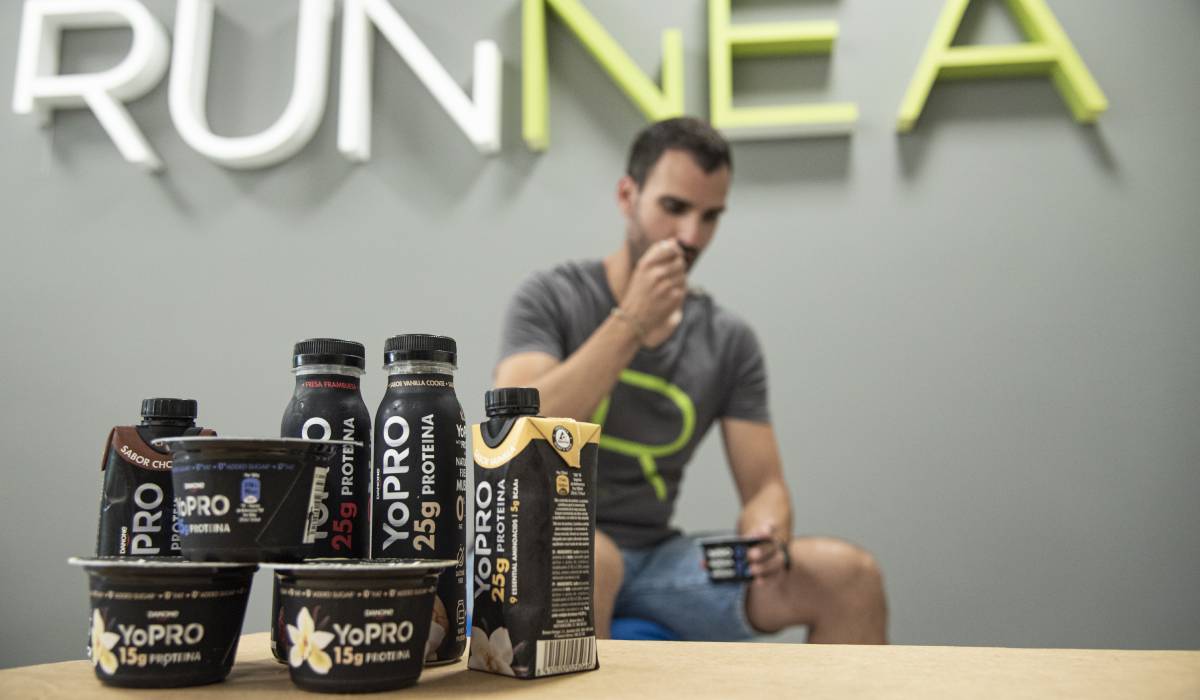
The composition of the different products in Danone's YoPRO range ensures an intake of essential amino acids with a high biological valor, which translates into a correct nutritional proposal for a wide range of athletes. We analyze, below, the nutritional proposal of each of the products in the YoPRO range:
- Spoon yogurt. With 15-16 grams of proteinfrom milk, 9 essential amino acids, 0% added sugars and 0% fat, it is the perfect proposal for popular runners looking to enjoy a perfect post-workout. Available in multiple flavors, natural, blueberry, vanilla and banana and peanut butter, and now also in a new flavor: coconut.
- Liquid yogurt. Lactose free, with 25 grams of protein from milk, 5 grams BCAAS, 9 essential amino acids, 0% added sugars, 0% fat and available in a wide variety of flavors, strawberry and raspberry, vanilla cookies and coconut, this liquid yogurt will become your perfect ally to recover and refresh you after a hard training session.
- YoPro UHT shake. These delicious lactose-free shakes, with 25 grams of protein from milk, 5 grams BCAAS, 9 essential amino acids, 0% added sugars, 0% fat, available in chocolate and vanilla flavor, will become your tireless companions after a high-intensity session. With no need for cold storage, and therefore ideal for taking out of the house and consuming on the go, you will enjoy its delicious taste while recharging your body with the protein it needs so much.
The amounts needed by each person will vary depending on their level of activity, character of the same, age, goal and so on.
Also, the timing of the intake seems to be of vital importance. The vast majority of people take protein as a supplement after training, but depending on the objective it may be more interesting to space the intake throughout the day, especially in older people. A recent study by Smeuninx and collaborators (2020) highlights that at a general level, the protein intake of the population studied met the minimum established needs. However, there was not a correct distribution of these throughout the day, being necessary a higher intake during breakfast and lunch.
Bibliographic references
Jäger, R., Kerksick, C. M., Campbell, B. I., Cribb, P. J., Wells, S. D., Skwiat, T. M., ... Antonio, J. (2017). International Society of Sports Nutrition Position Stand: Protein and exercise. Journal of the International Society of Sports Nutrition. https://doi.org/10.1186/s12970-017-0177-8.
Smeuninx, B., Greig, C. A., & Breen, L. (2020). Amount, Source and Pattern of Dietary Protein In-take Across the Adult Lifespan: A Cross-Sectional Study. Frontiers in Nutrition. https://doi.org/10.3389/fnut.2020.00025
Strasser, B., Volaklis, K., Fuchs, D., & Burtscher, M. (2018). Role of dietary protein and muscle fitness on longevity and aging. Aging and Disease. https://doi.org/10.14336/AD.2017.0202
Read more news about: Nutrition
